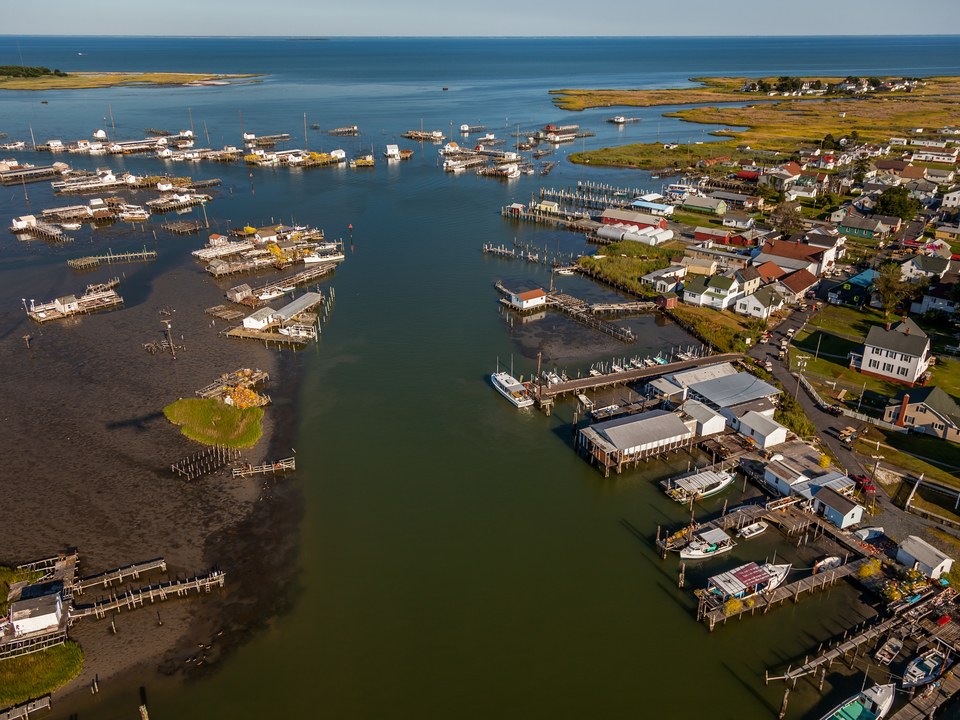
Foghorn (A Call to Action!)
Flotsam (what we’re obsessed with right now)
- This reports on the activities of the WWF is shocking and damning. WWF Funds Guards Who Have Tortured And Killed People.

- I am always here for deep-sea art.
Over 15 years of ocean science and conservation online
Serial is out with a new podcast, and this time, it’s about whales. Return to the early 1990s, when scientists and conservationists fought to save Keiko, the Killer Whale made famous by the movie Free Willy, from his captivity in a small aquatic park. The first two episodes are up on Spotify.

Foghorn (A Call to Action!)
Flotsam (what we’re obsessed with right now)


Flotsam (what we’re obsessed with right now)
What do you do if you find yourself at the helm of a major Louisiana marine science institution? If you’re Dr. Craig McClain, you plant the first experimental Alligator falls in the deep Gulf of Mexico!

On the other hand, if you find yourself at the helm of a US Navy destroyer, you might want to review this incredible and exhaustive accounting of the USS Fitzgerald disaster and how training deficits, exhaustion, and poor decision making compounded to create a deadly situation.

Cuttings (short and sweet): Follow fisheries biologist Justin Rizzari on twitter! Commercial fishing banned across much of the Arctic. By Fiona Harvey, for the Guardian. Slavery with your seafood. By the Save Our Seas Foundation blog. The top fish books for kids. By Abigail Lynch, for the Fisheries Blog. Spoils (long reads and deep dives): … Read More “Banning Arctic fishing and protecting public beach access: Thursday Afternoon Dredging, October 4th, 2018” »

Foghorn (A Call to Action!)
Flotsam (what we’re obsessed with right now)



Foghorn (A Call to Action!)
Flotsam (what we’re obsessed with right now)

Audio Player
A normal call.
Audio Player
The call of a dolphin that would rather not get eaten.
The Levee (A featured project that emerged from Oceandotcomm)
Earlier today SeaWorld announced to the media that it was making major changes in its practices when it comes to marine wildlife. The announcement comes after years of bad publicity and failing stock prices as the result of the documentary Blackfish, criticism from marine mammal and marine conservation scientists and an unrelenting social media campaign by online activists. The changes announced are a major paradigm shift for the company and include:
The Oscar-winning documentary “The Cove” told the story of the dolphin hunt in the Japanese town of Taiji. Dolphins there are driven into a shallow cove and killed for meat and other products, with a select few set aside alive for sale to dolphinariums. Many are now saying that this year’s documentary on killer whales (Orcinus orca) in captivity, “Blackfish,” will be nominated for next year’s Oscar. Documentaries rarely get many viewers in movie theaters, but Blackfish, which cost only $76,000 to make and was initially released at only five movie theaters, has already grossed about $2 million nationwide and has been ranked among the 10 best performing nature documentaries, which include “March of the Penguins” and the much vaunted IMAX-friendly “Earth” and “Oceans” documentaries.
Blackfish focuses on the four people who have been killed by captive killer whales, bad corporate behavior by marine theme parks (especially SeaWorld) and the ethics of keeping killer whales in captivity. The film focuses particularly on the story of Tilikum, a 12,000lb male killer whale who was captured from Iceland in the early 1980s, has been living at SeaWorld of Florida since 1992, and to date has been involved in the deaths of three people. His last victim, his trainer of six years Dawn Brancheau, was brutally dismembered after he pulled her into the tank with him on February 24, 2010.
Earlier this week, Fox News commentator and all-around terrific guy* Erick Erickson, while discussing a recent Pew Study that revealed that women were the sole breadwinners in 40% of US households that contain children, had this to say:
“I’m so used to liberals telling conservatives that they’re anti-science. But liberals who defend this and say it is not a bad thing are very anti-science. When you look at biology—when you look at the natural world—the roles of a male and a female in society and in other animals, the male typically is the dominant role. The female, it’s not antithesis, or it’s not competing, it’s a complementary role.”
I’m not sure where Erickson got his science education from, but it’s pretty clear he should have spent a little more time shopping around on the free market, because he sure is wrong. How wrong? I managed to assemble this list of 10 marine species with dwarf, parasitic, or otherwise reduced males (including an entire female-only class) while waiting for my toast**. So have a seat and let me show you how much weirder and more wonderful the world is than Erickson’s Disney-esque misinterpretation of biology.
1. Anglerfish
The deep-sea Anglerfish is among the most common examples of parasitic males in the marine world. Anglerfish comprise a variety of taxa in the order Lophiiformes. Almost all (females) possess a specialized appendage that acts as a lure to attract unwary prey. Life in the deep sea is rough–even though it is the largest and most diverse ecosystem on Earth, biomass is fairly low–so finding a mate is a struggle for these slow swimming fishes. The solution: carry your partner with you.
Male anglerfish are tiny, often less than 5% the size of the female, but they possess powerful olfactory receptors, allowing them to seek out females. Once a mate is located, the male anglerfish latches on to her abdomen, fuses his circulatory system with hers, and is then slowly digested until there’s nothing left but a sac of gonads surrounded by basic life-supporting tissues. Female anglerfish are not monogamous, either. At any given time she could be covered by a half-dozen parasitic males. Kinky.
Chapter 32 of Herman Melville’s classic – Moby Dick. Read along with us and discuss this chapter or the book as a whole in the comments. Visit this page for the complete collection to date: Finding Melville’s Whale. Cetology Let this be the book of the whale, chronicle of tortured naturalists. For who could fathom those … Read More “Finding Melville’s Whale – Cetology (Chapter 32)” »